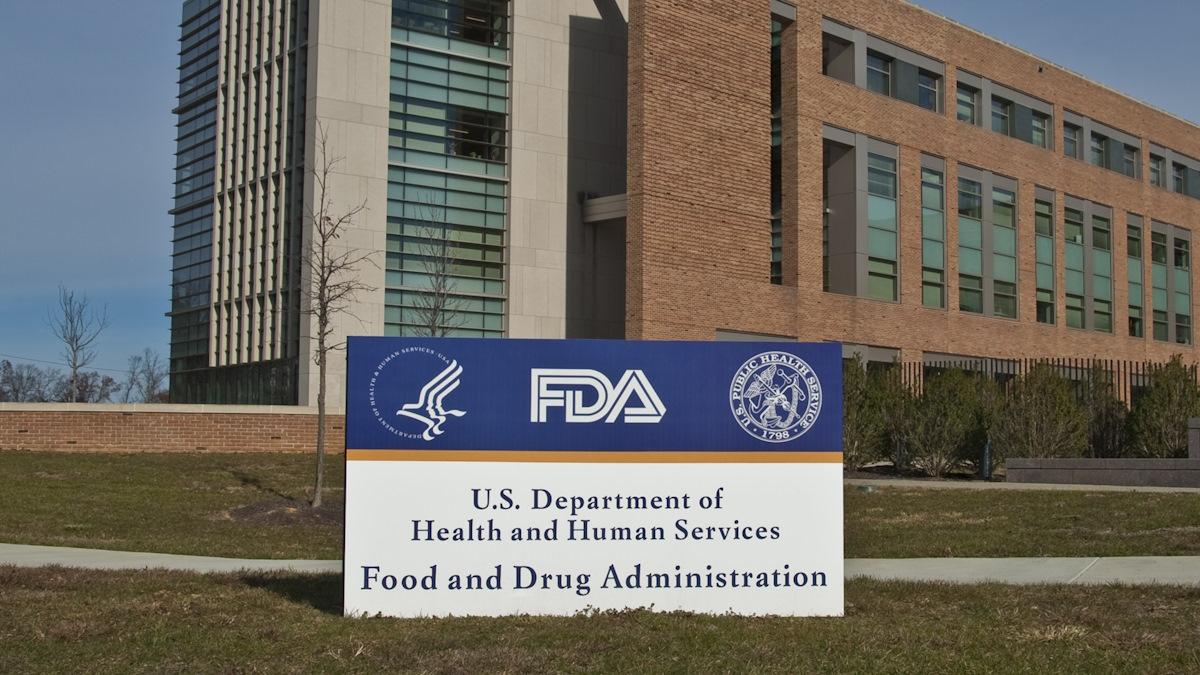FDA approves flurry of drugs ahead of holiday season

The FDA has followed its usual procedure of wrapping up a series of new drug approvals as the year draws to a close, with Novo Nordisk, Pfizer, Vertex, and Hikma among the beneficiaries. Here are the highlights.
Once-daily haemophilia prophylaxis
Novo Nordisk got the go-ahead for its once-daily prophylactic haemophilia therapy Alhemo (concizumab) at its second attempt, having been turned down by the US regulator last year.
The tissue factor pathway inhibitor (TFPI) antagonist, given as a subcutaneous injection, has been cleared to prevent or reduce bleeding episodes in patients aged 12 years and older with haemophilia A or B with inhibitors – antibodies stimulated as an immune response to clotting factor replacement therapy that can reduce the effectiveness of the therapy.
It's the second drug in the TFPI class to be approved by the FDA after Pfizer's once-weekly Hympavzi (marstacimab), cleared in October for haemophilia A and B without inhibitors, and has also been given a green light in Australia, Japan, Switzerland, and the EU.
Both are vying for market share with Roche's near $5 billion-a-year Hemlibra (emicizumab), a bispecific antibody targeting Factor IXa and the substrate factor X, which can be dosed as infrequently as four weeks in some patients and is approved for patients both with and without inhibitors.
Novo Nordisk estimates that up to 30% of people living with severe haemophilia A develop inhibitors, while for severe haemophilia B the rate is 5% to 10%.
The approval is based on data from the phase 3 explorer study looking at the use of Alhemo for daily prevention of bleeds in adults and paediatric patients 12 years of age and older living with haemophilia A or B with inhibitors, which showed an 86% reduction in treated spontaneous and traumatic bleeds with Novo Nordisk's drug compared to no prophylaxis.
"The development of inhibitors remains the most serious treatment-related complication for people living with haemophilia," commented Amy Shapiro, co-medical director of the Indiana Haemophilia & Thrombosis Center in the US.
"For patients with inhibitors, especially in haemophilia B, their haemophilia may remain poorly controlled and pose a life-threatening risk," she added.
First-line, targeted therapy for colorectal cancer
Pfizer's BRAF inhibitor Braftovi (encorafenib) has been given accelerated approval by the FDA as first-line therapy for BRAF V600E-mutated metastatic colorectal cancer, one of a series of new cancer indications that the company reckons will drive buoyant oncology sales growth in the coming years.
The approval for the drug – in a combination regimen with Eli Lilly's EGFR inhibitor Erbitux (cetuximab) and chemotherapy – stems from the BREAKWATER trial, which showed an objective response rate (ORR) of 61% and a median duration of response of nearly 14 months. A control group who received chemotherapy with or without bevacizumab had an ORR of 40% and a duration of response of 11.1 months.
Until now, no approved biomarker-driven therapies were specifically indicated for this indication. Now, the challenge for Pfizer is to encourage testing of people with colorectal cancer for BRAF mutations, which doesn't routinely occur at the moment.
This is the fourth FDA-approved indication for Braftovi, coming after it was cleared in combination with MEK Inhibitor Mektovi (binimetinib) for BRAF-mutated melanoma and non-small cell lung cancer (NSCLC) and as a second-line option with Erbitux for metastatic colorectal cancer. BRAF-mutated cancers make up around 10% of colorectal cancers.
According to GlobalData, the new labelling could help to drive sales of Braftovi above the $1 billion threshold by 2028. Pfizer booked $213 million from the product in 2023.
New triplet therapy for cystic fibrosis
Vertex Pharma already dominates the market for CFTR modulators used to treat patients with cystic fibrosis and has consolidated its position with the approval of a new triple therapy that is designed to replace its top-selling Trikafta/Kaftrio (elexacaftor/tezacaftor/ivacaftor) drug, which made more than $7.5 billion in global sales in the first nine months of this year.
The new drug – called Alyftrek (vanzacaftor/tezacaftor/deutivacaftor) – has been cleared for use in patients aged six years and older with at least one responsive mutation, including 31 additional mutations not responsive to other CFTR modulator therapies that Vertex suggests could make another 150 people in the US with CF eligible for treatment for the first time. It is also dosed just once a day, while Trikafta needs twice-daily dosing.
The task ahead of Vertex now is to migrate patients already on Trikafta to the new drug. That is supported by data from the SKYLINE 102 and SKYLINE 103 trials, which showed that Alyftrek matched Trikafta in maintaining lung function in CF patients and was better at reducing levels of chloride in sweat, a biomarker for disease control.
According to a financial filing, Vertex has decided to price Alyftrek at $370,269 per year, which is 7% higher than Trikafta's wholesale acquisition cost (WAC) of $346,048 per year.
First liraglutide generic cleared for diabetes
Finally, the FDA has cleared the first generic of Novo Nordisk's once-daily injectable GLP-1 agonist Victoza (liraglutide), used to treat type 2 diabetes, from India's Hikma Pharma.
Victoza has been largely superseded by Novo Nordisk's once-weekly therapy Ozempic (semaglutide), with sales falling 41% in the first nine months of this year to $571 million as Ozempic rose by a third to $12 billion.
The FDA approved the first generic in this class of medications last month after clearing a copycat version of Amylin's weekly injectable GLP-1 Byetta (exenatide) from Amneal Pharma. The regulator prioritises the review of generic versions of drugs that are in short supply, and liraglutide has been on the shortages list since 2023.
Earlier this year, Teva launched an authorised generic version of Victoza in the US under the terms of an agreement with Novo Nordisk.












